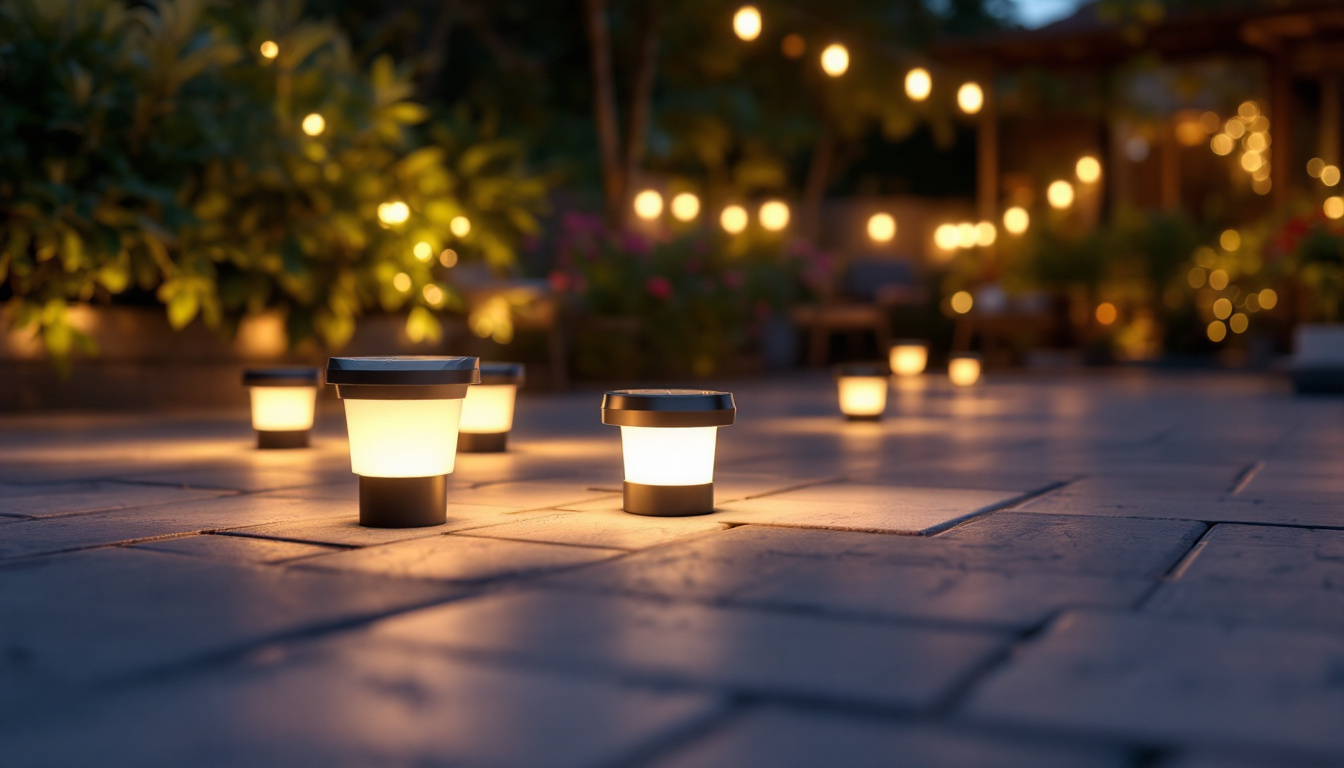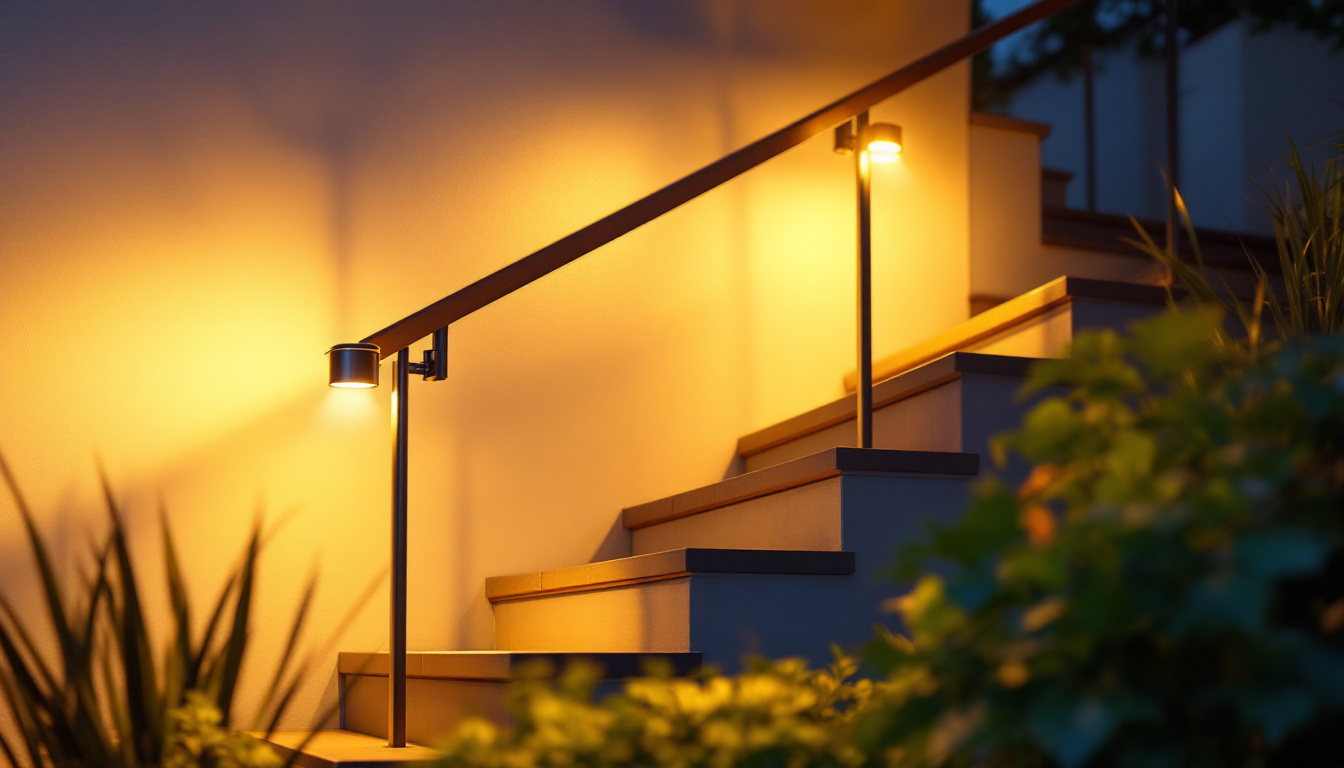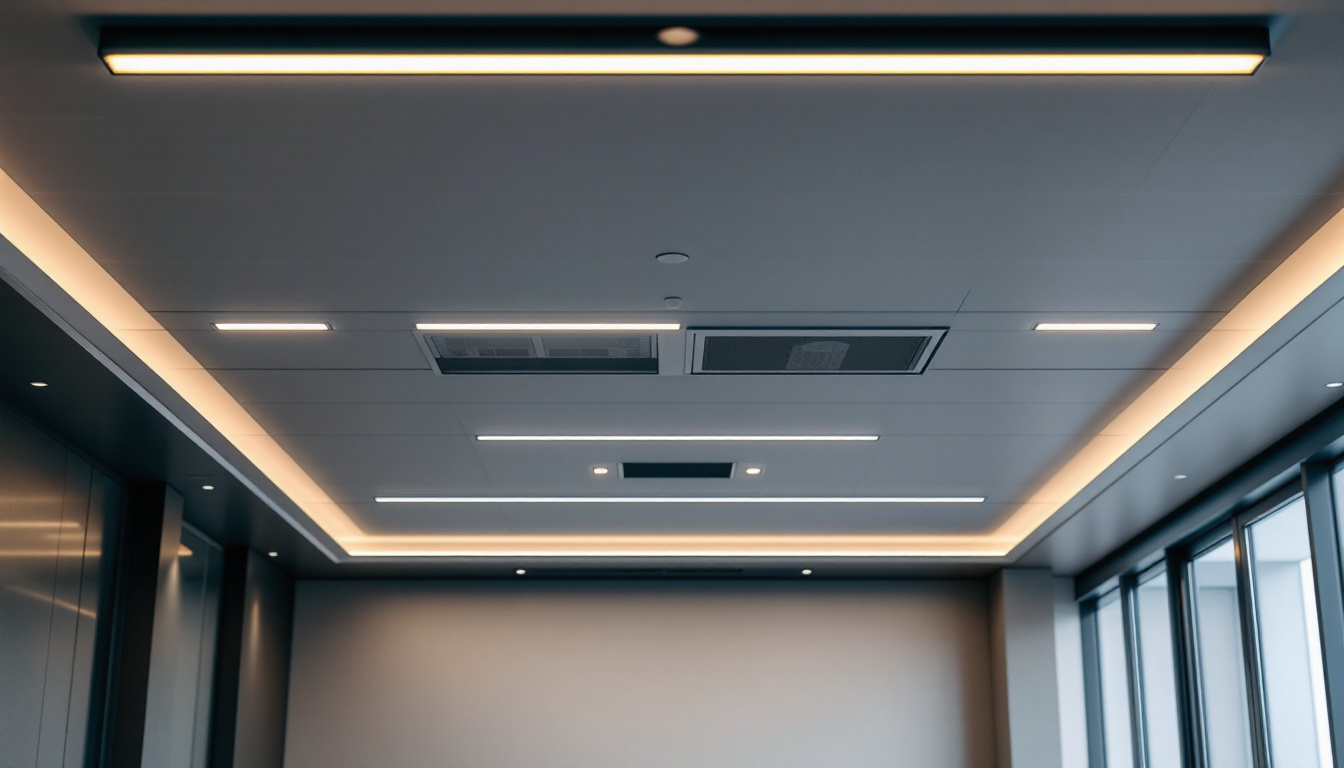
As the demand for sustainable energy solutions continues to grow, solar-powered outdoor lighting has emerged as a popular choice for both residential and commercial applications. Lighting contractors are increasingly called upon to integrate these systems into their projects. Understanding the nuances of solar-powered lighting can significantly enhance a contractor’s service offerings and client satisfaction. This article provides essential insights, best practices, and expert advice tailored specifically for lighting contractors venturing into the realm of solar-powered outdoor lighting.
Before delving into installation techniques and product selection, it is crucial to grasp the fundamental principles behind solar power technology. Solar lighting systems convert sunlight into electricity through photovoltaic cells, which are typically housed in solar panels. This electricity is then used to power LED lights, providing illumination without relying on traditional electrical sources.
A solar-powered lighting system consists of several key components: solar panels, batteries, LED lights, and a controller. Each element plays a vital role in ensuring the system operates efficiently and effectively.
Solar panels capture sunlight and convert it into electrical energy, which is stored in batteries for use during nighttime or cloudy days. The LED lights are energy-efficient and have a long lifespan, making them an ideal choice for outdoor applications. The controller manages the flow of electricity, ensuring that the lights turn on and off at appropriate times based on ambient light conditions. Additionally, some advanced systems incorporate smart technology, allowing users to control their lighting remotely via smartphone apps, enhancing convenience and flexibility.
There are various types of solar lighting solutions available on the market, each designed for specific applications. Pathway lights, floodlights, spotlights, and decorative lanterns are just a few examples. Understanding the different types can help contractors recommend the best solutions for their clients’ needs.
Pathway lights are ideal for illuminating walkways and driveways, enhancing safety and aesthetics. Floodlights provide broader illumination, making them suitable for larger areas such as parking lots or gardens. Spotlights can be used to highlight specific features, like trees or architectural elements, while decorative lanterns add a charming touch to outdoor spaces. Furthermore, solar street lights are becoming increasingly popular in urban environments, providing sustainable lighting solutions that reduce energy costs and carbon footprints. These street lights often come equipped with motion sensors that can adjust brightness based on pedestrian traffic, optimizing energy use while maintaining safety in public areas.
Another innovative type of solar lighting is the solar garden light, which not only serves a practical purpose but also enhances the aesthetic appeal of outdoor spaces. These lights can come in various designs, from whimsical to elegant, allowing homeowners to express their style while benefiting from renewable energy. Some models even feature color-changing LEDs, providing the ability to create different moods for gatherings or celebrations. As technology continues to evolve, the efficiency and versatility of solar lighting systems are expected to improve, making them an increasingly attractive option for both residential and commercial properties.
Integrating solar-powered lighting into projects offers numerous benefits, both for contractors and their clients. Understanding these advantages can help contractors make a compelling case for solar solutions.
One of the most significant advantages of solar lighting is its cost-effectiveness. Once installed, solar lights require minimal maintenance and no electricity costs, leading to substantial savings over time. Clients can enjoy reduced energy bills, making solar lighting an attractive option for budget-conscious homeowners and businesses alike.
Moreover, many solar lighting products come with warranties, providing additional peace of mind for clients. Contractors can leverage these warranties to assure clients of the longevity and reliability of their installations.
Solar-powered lighting systems contribute to environmental sustainability by reducing reliance on fossil fuels and lowering carbon footprints. As more individuals and businesses seek to adopt eco-friendly practices, contractors can position themselves as leaders in sustainable solutions by offering solar lighting options.
Furthermore, many municipalities and organizations are incentivizing the use of renewable energy sources, which can lead to potential rebates or tax credits for clients who choose solar lighting. Contractors can assist clients in navigating these incentives, enhancing their service offerings.
Successful installation of solar-powered lighting requires careful planning and execution. Lighting contractors must consider various factors to ensure optimal performance and longevity of the systems.
Conducting a thorough site assessment is the first step in any solar lighting project. Contractors should evaluate the amount of sunlight the area receives throughout the day, as this will directly impact the efficiency of the solar panels. Areas with excessive shade from trees, buildings, or other structures may require additional planning or alternative solutions.
Additionally, contractors should consider the layout of the lighting system. Proper spacing and positioning of lights are crucial for achieving the desired illumination levels while avoiding dark spots. A well-planned layout not only enhances aesthetics but also improves safety in outdoor spaces.
Once the site assessment is complete, contractors can proceed with installation. It is essential to follow the manufacturer’s guidelines for each component to ensure optimal performance. Solar panels should be installed at an angle that maximizes sun exposure, typically facing south in the Northern Hemisphere.
When installing LED lights, contractors should ensure they are securely mounted and positioned to provide adequate coverage. Additionally, wiring should be protected from the elements to prevent damage and ensure longevity. Regular checks and maintenance can help identify any issues early, ensuring the system operates smoothly.
With a plethora of solar lighting products available, selecting the right ones for specific projects can be daunting. Contractors must consider various factors, including quality, functionality, and aesthetics.
When selecting solar lighting products, quality should be a top priority. Contractors should look for products made from durable materials that can withstand outdoor conditions, including rain, snow, and extreme temperatures. High-quality solar panels and batteries are essential for ensuring reliable performance and longevity.
Additionally, contractors should consider the warranty offered by manufacturers. A longer warranty period often indicates a commitment to quality and can provide clients with added reassurance about their investment.
Different projects may require different functionalities from solar lighting systems. Some products come equipped with motion sensors, which can enhance security by illuminating areas only when movement is detected. Others may feature adjustable brightness settings or color-changing capabilities, allowing for greater customization.
Contractors should assess the specific needs of their clients and recommend products that align with those requirements. Understanding the latest technological advancements in solar lighting can help contractors stay ahead of the competition and offer cutting-edge solutions.
While solar-powered lighting systems require minimal maintenance, contractors should educate clients on basic upkeep to ensure optimal performance. Regular maintenance can extend the lifespan of the system and prevent potential issues.
Contractors should recommend that clients periodically clean the solar panels to remove dust, dirt, and debris, which can obstruct sunlight and reduce efficiency. Additionally, checking the battery connections and ensuring they are secure can help prevent power loss.
Clients should also be advised to inspect the LED lights for any signs of damage or malfunction. If a light is not functioning as expected, it may be due to a drained battery or a faulty connection. Educating clients on these basic maintenance tasks can empower them to take proactive measures in caring for their solar lighting systems.
In the event of performance issues, contractors should be prepared to troubleshoot common problems. If lights are not turning on, the first step is to check the battery charge. If the battery is drained, it may be due to insufficient sunlight exposure or a faulty panel.
Additionally, if the lights flicker or dim, it may indicate a need for battery replacement. Educating clients about these troubleshooting techniques can enhance their confidence in using solar lighting systems and reduce the need for service calls.
The solar lighting industry is continually evolving, with new technologies and trends emerging regularly. Staying informed about these developments can help contractors remain competitive and provide clients with the best solutions.
Smart technology is making its way into the solar lighting sector, enabling features such as remote control, scheduling, and integration with home automation systems. Contractors should familiarize themselves with these advancements, as they can offer clients enhanced convenience and control over their outdoor lighting.
Additionally, smart solar lights can provide data analytics, allowing clients to monitor energy usage and performance. This information can be valuable for optimizing system efficiency and making informed decisions about future upgrades.
As the push for renewable energy sources continues, solar lighting systems are increasingly being integrated with other renewable technologies, such as wind or hydroelectric systems. Contractors can explore hybrid solutions that combine solar lighting with additional energy sources, providing clients with even greater energy independence.
This integration not only enhances the sustainability of outdoor lighting solutions but also opens up new opportunities for contractors to offer comprehensive energy solutions to their clients.
As solar-powered outdoor lighting becomes more prevalent, lighting contractors have a unique opportunity to expand their service offerings and meet the growing demand for sustainable solutions. By understanding the technology, benefits, installation best practices, and future trends, contractors can position themselves as experts in solar lighting.
Embracing solar-powered lighting not only benefits clients through cost savings and environmental impact but also enhances the contractor’s reputation as a forward-thinking professional in the lighting industry. By staying informed and adapting to the evolving landscape of solar technology, contractors can ensure their success in this dynamic field.
Ready to elevate your lighting projects with the most efficient, cost-effective solar solutions? Look no further than LumenWholesale. Our extensive selection of spec-grade lighting products is designed to meet the highest industry standards, ensuring you deliver excellence to your clients. With unbeatable wholesale prices and the convenience of free shipping on bulk orders, LumenWholesale is your go-to source for premium lighting without the premium price tag. Don’t compromise on quality or value — explore our collection today and bring the best in sustainable lighting to your next project.

Discover how strategic factory lighting not only illuminates workspaces but also plays a crucial role in enhancing safety.

Discover effective strategies for training your team in utilizing motion-activated security lights to enhance safety and efficiency.

Discover how outdoor steps solar lights are revolutionizing the work of lighting contractors by offering eco-friendly, cost-effective, and easy-to-install solutions.

Discover the essential checklist for lighting contractors working with LED drop ceiling lights.